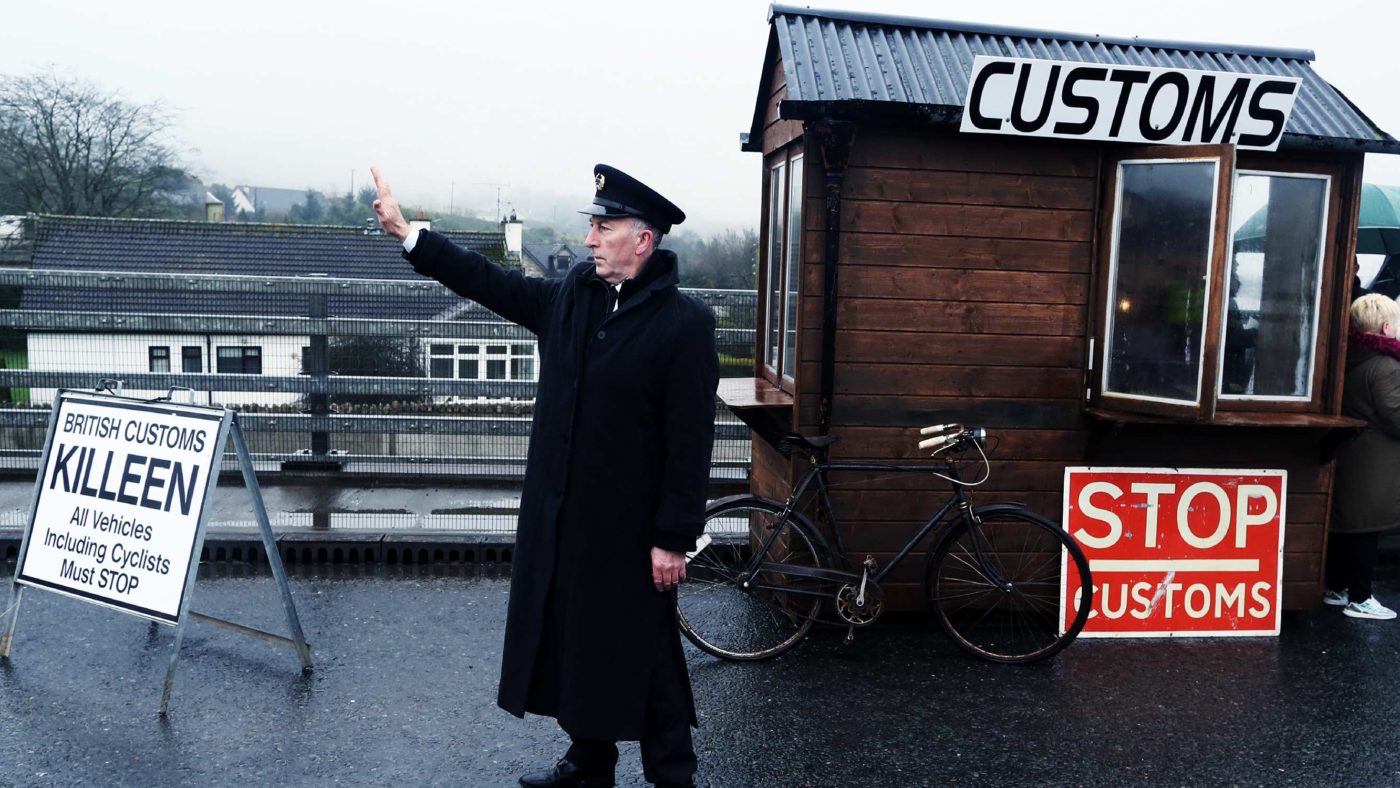“Britain is fighting to save Ireland from an EU-imposed hard border,” said the headline in the Telegraph. The Government had, the report continued, showed “flexibility and imagination” in its efforts to keep the border as “invisible” as possible. Its position paper promised no new customs posts – or even any new traffic cameras.
It is obviously a very good thing that Whitehall is doing everything it can to keep the border open. Economically, politically and psychologically, freedom of travel between Northern Ireland and the Republic is an absolute necessity – indeed, as many Brexiteers have pointed out, it is something that long predates either party’s membership of the European Union.
But the idea that Ireland should be grateful for Britain coming to its aid, in the face of unreasonable demands from those dastardly Eurocrats, is not a view that many people in Dublin share.
Keeping the border open depends, in large part, upon the nature of the customs deal agreed between Britain and the EU. That is why David Davis was right to argue, in an article in this weekend’s Sunday Times (£), that the overall shape of the deal needs to be settled before, or alongside, the question of the Irish border. Otherwise he and Michel Barnier could spend four months thrashing out how traffic will be kept flowing along the Newry bypass, only to find that there is no agreement about tariffs and customs at either end of the journey.
There is also a good case, as set out in the Whitehall policy paper, that much of Northern Irish life should be able to continue as normal. Most cross-border trade and travel is internal to Northern Ireland and the Republic. A series of exemptions and wavers could easily cover most, if not all, of this flow.
But there is a bigger problem, one which strikes at the heart of the Brexit process.
Any cross-border deal in Ireland will rest on regulatory compatibility: the broad argument that standards in Northern Ireland (and the UK in general) are just as high as those in the Republic, and that therefore there’s no real need to double-check the goods if they’ve already been approved. There are, indeed, specific requests in Britain’s position paper for the North’s agricultural products to be exempt from inspection, on precisely these grounds.
If Britain is to have a comprehensive free trade deal with Europe, in other words, it needs to have regulatory equivalence – an acceptance that a chicken raised in Leeds is as edible as one hatched in Limoges. But to strike free trade deals with others, it needs to have regulatory equivalence with them, too. This is one of the things that worries the Eurocrats: that a lower-standards Britain will become an offshore entrepot for goods that do not reach their exacting specifications. An open border with Ireland will be an open door for such goods.
And this in turn speaks to the one thing that will – and has to – change, no matter how light-touch, or even completely invisible, the new border controls and arrangements are.
This is, put simply, that the Irish border will become an opportunity for arbitrage.
Unless Britain remains an exact counterpart of the European Union, down to the last tariff and regulation, there will inevitably be things that are worth more on one side of the border than another – or even that are legal on one and illegal on the other.
And the gangs of the border counties are – to put it delicately – not exactly the nicest people. They will have no compunction about cashing in on any arbitrage opportunities, whether that be by smuggling goods or people: there is already a roaring trade in goods, such as fuel or cigarettes, where duties differ or there is simply a healthier profit to be had in the UK.
Britain does not want a land border with Ireland (even if such a thing could be constructed, which the geography militates against). And it cannot have a sea border with Ireland, because the Unionists upon whom Theresa May’s government depends would go thermonuclear.
So the likely price of Brexit is that the criminal gangs along the Irish border – most of them the descendants of various terrorist factions, or affiliates of them – will have a lucrative new business in undermining whatever theoretical controls on the flow of goods and people the British and the Irish put in place. And from the EU’s perspective, it is being asked to agree to leave open a 500km border across which pretty much anything may pass, whether that be chlorinated chickens from America or home-grown jihadis from Bradford.
For the Irish, in other words, Britain does not appear to be fighting to preserve them from an EU-imposed hard border. It is fighting to preserve them, as far as possible, from the consequences of a vote the British people freely took – with none of the options on the table matching, let alone beating, the status quo.
That, in and of itself, is understandable: Britain voted for Brexit because of what it would mean for Britain, not for Ireland. But we must recognise that arrangements in Ireland are a case where the Brexit negotiations must be about minimising costs – on all sides – rather than maximising gains. And also that we can hardly expect the Irish to thank us for landing them, and us, with this thumping great headache.


